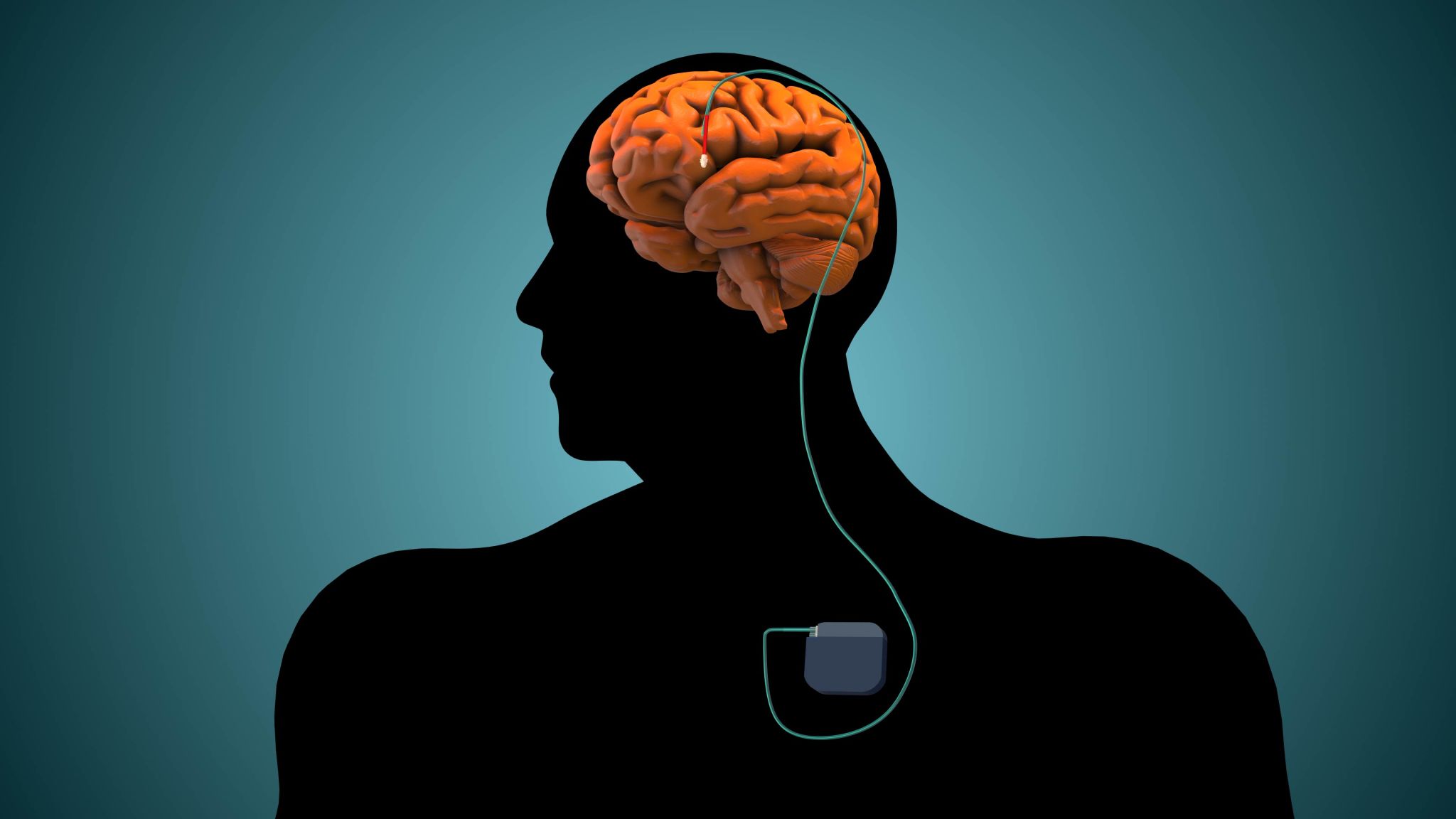How Electrophysiology is Revolutionizing Medical Treatments
Understanding Electrophysiology
Electrophysiology is a branch of medicine that deals with the study of the electrical properties of biological cells and tissues. By understanding how electrical signals in the body work, medical professionals can diagnose and treat various cardiac and neurological disorders more effectively. This field is gaining momentum due to its potential to revolutionize medical treatments, offering solutions that are both precise and minimally invasive.
The human body's nervous system and heart rely heavily on electrical signals to function properly. Electrophysiology aims to decode these signals, allowing doctors to identify abnormalities and devise targeted treatment plans. This approach not only improves patient outcomes but also reduces recovery times significantly.

Applications in Cardiac Care
One of the most significant areas where electrophysiology has made an impact is in cardiac care. Conditions such as arrhythmias, which are irregular heartbeats, can be diagnosed and treated using electrophysiological techniques. Procedures like catheter ablation, which involves destroying small areas of heart tissue causing irregular rhythms, are now commonplace thanks to advancements in this field.
The ability to map the heart's electrical activity in real time allows healthcare providers to pinpoint the exact location of dysfunctions. This precision ensures that treatments are more effective and reduces the likelihood of complications. As a result, patients experience improved quality of life with fewer hospital visits and lower healthcare costs.

Advancements in Neurological Disorders
Beyond cardiac care, electrophysiology is also making strides in treating neurological disorders. Techniques such as deep brain stimulation (DBS) have emerged as groundbreaking treatments for conditions like Parkinson's disease and epilepsy. By delivering electrical impulses directly to specific areas of the brain, DBS can alleviate symptoms and enhance patients’ daily lives.
Furthermore, ongoing research in electrophysiology promises to unlock new therapies for a range of neurological issues. The potential for non-invasive treatments offers hope for patients who may not respond well to traditional methods, opening new avenues for managing complex conditions.

Technology Driving Progress
The rapid advancement of technology is a key driver behind the progress in electrophysiology. Innovations such as 3D mapping systems and robotic-assisted procedures are transforming how medical professionals approach diagnosis and treatment. These technologies enable more precise interventions, reducing the risk of errors and improving patient safety.
Moreover, wearable technology and remote monitoring systems are becoming integral components of electrophysiological care. Patients can now have their heart rhythms and other electrical signals monitored continuously, allowing for timely interventions without the need for constant hospital visits.

The Future of Electrophysiology
As research continues, the future of electrophysiology looks promising with the potential to revolutionize medical treatments across various fields. Scientists are exploring new ways to harness electrical signals for therapeutic purposes, paving the way for innovative solutions that could transform healthcare as we know it.
In conclusion, electrophysiology is not just an exciting area of medical research but also a practical tool that is already saving lives and improving outcomes for patients worldwide. With continued investment and research, its impact will undoubtedly grow, offering even greater benefits in the years to come.